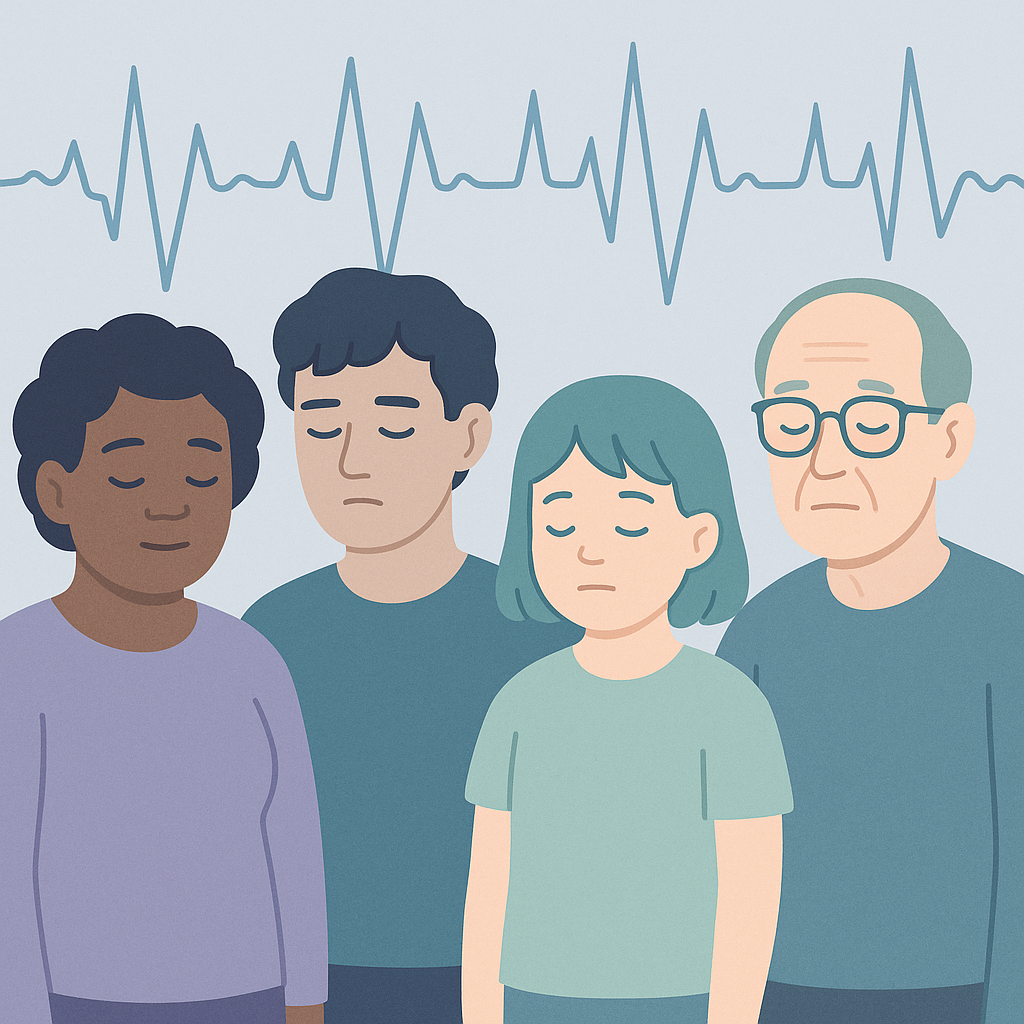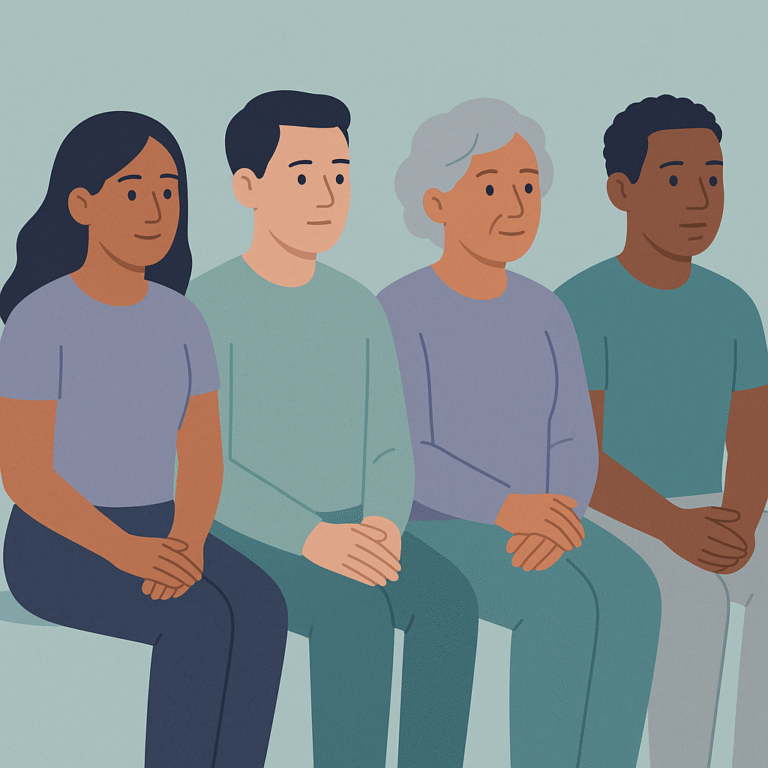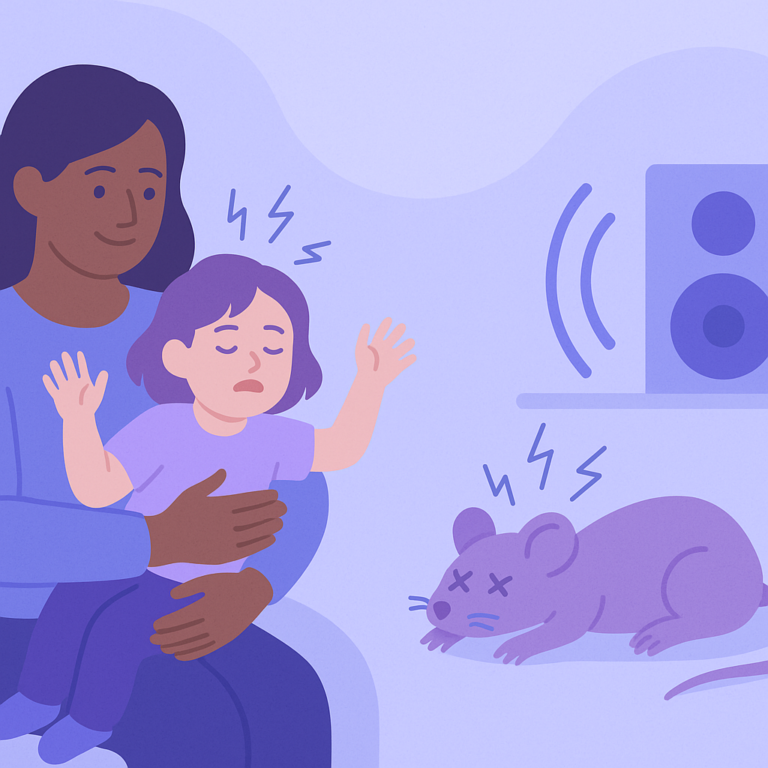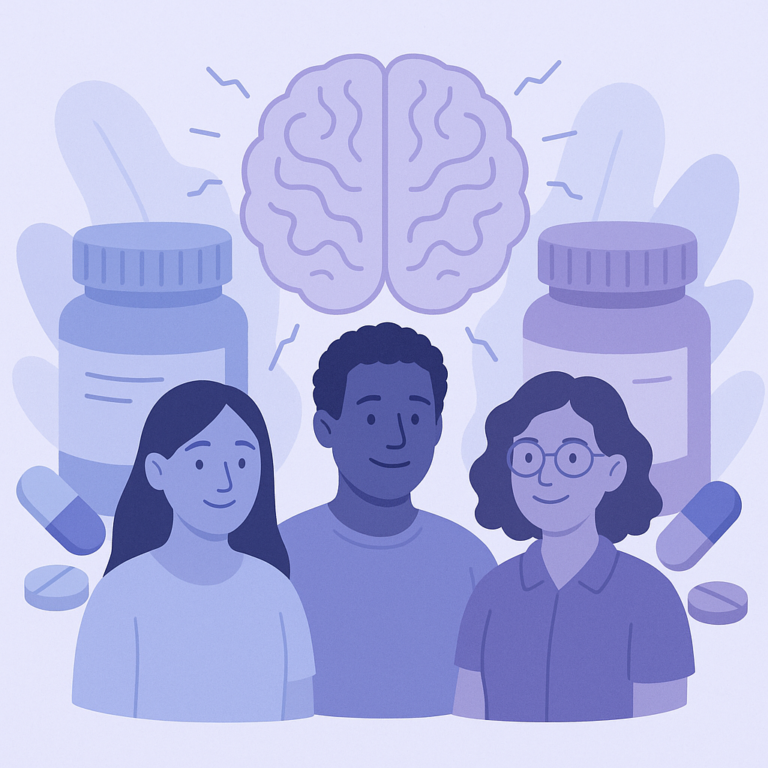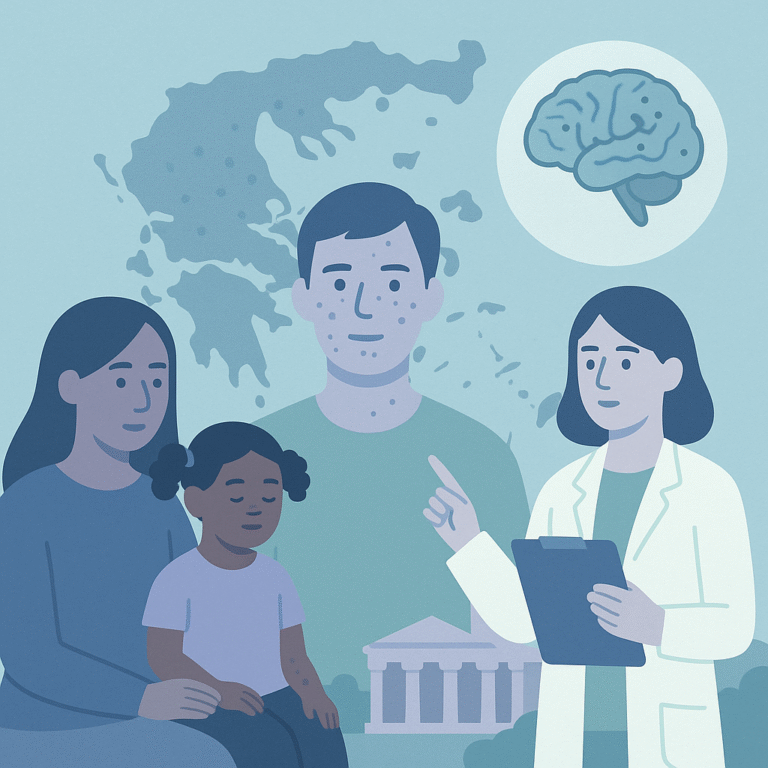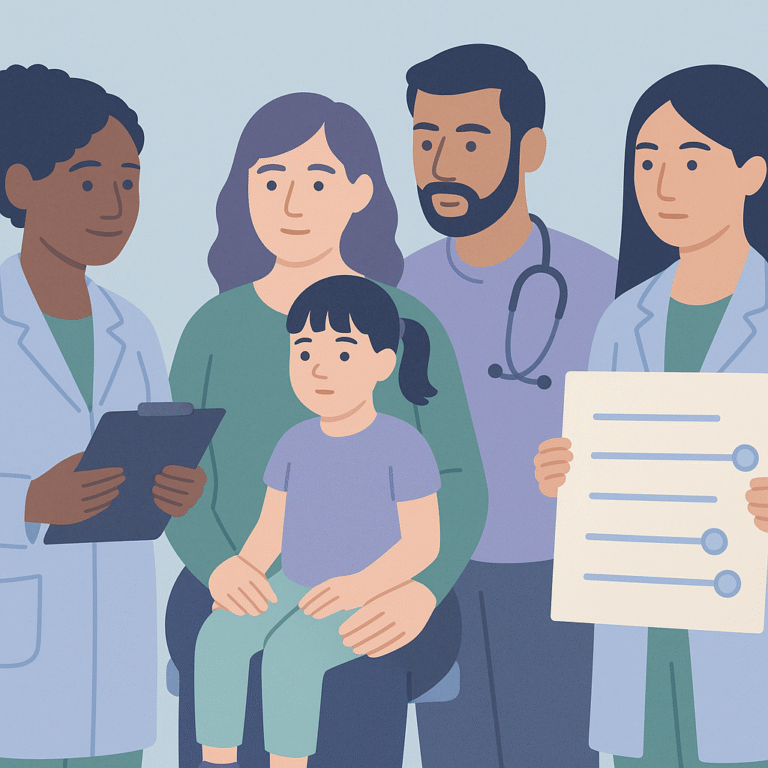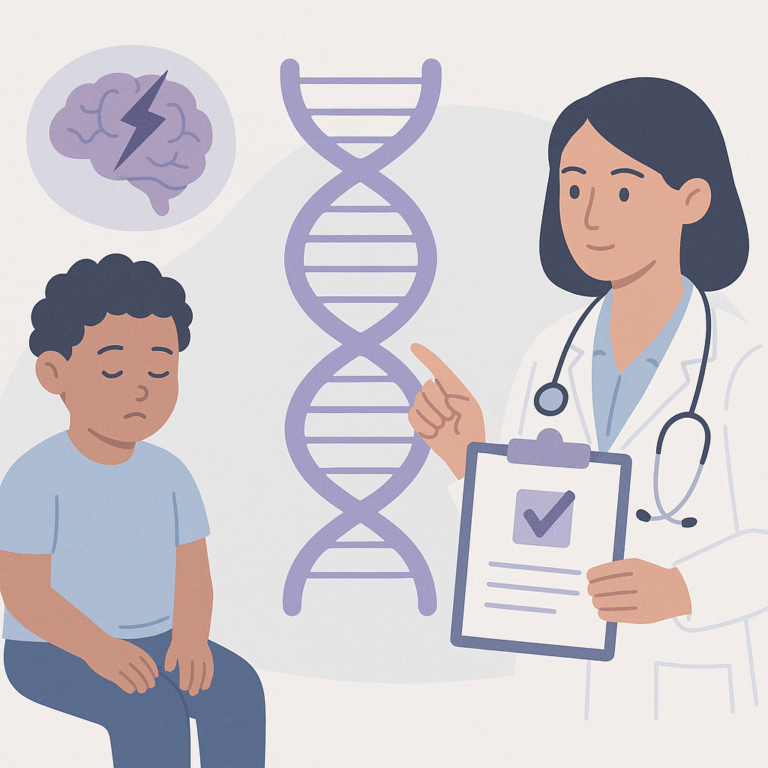Positive Spike Waves Linked to Seizures and Developmental Delays
⚠️ Infant dosing/safety: medication and diet decisions for infants require individualized medical guidance.
Summary
This study looked at the significance of positive spike wave (PSW) discharges in the brains of children aged 1 month to 19 years. Researchers analyzed data from a large number of pediatric EEGs (brain wave tests) conducted over nearly 30 years at a specialized medical center. They compared 326 children with PSW to 898 control patients who had different types of brain wave patterns.
The key findings showed that children with PSW had seizures starting at a younger age compared to those in the control group. The study found that PSW were linked to a higher likelihood of having seizures, epilepsy, and drug-resistant epilepsy. Additionally, children with PSW were more likely to experience developmental delays, difficulties in school, and abnormal neurological exams, as well as having structural brain issues.
These findings are important because they suggest that PSW can indicate more serious brain conditions and poorer outcomes for children. However, the study has limitations, such as being conducted at a single center, which may not represent all children with epilepsy. More research is needed to understand the full impact of PSW on children's health and development.
Related reading
- Improving Transition to Adult Epilepsy Care for Young Patients
- Genetic Risk Linked to Brain Changes in Children with Epilepsy
- Effective Treatments for Pyridoxine-Dependent Epilepsy in Children
- Managing Suicidal Thoughts Linked to Levetiracetam Treatment
- Effective Therapies for Anxiety and Depression in Epilepsy
- Understanding Insular Epilepsy and Its Seizure Signs
Free: Seizure First Aid Quick Guide (PDF)
Plus one plain-language weekly digest of new epilepsy research.
Unsubscribe anytime. No medical advice.